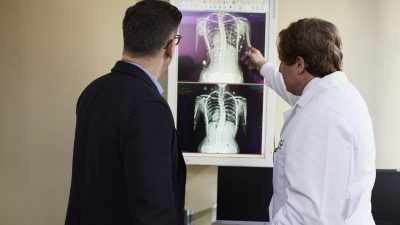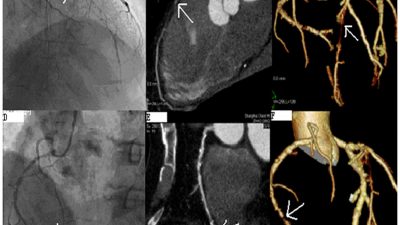In this week’s Quality Matters news brief, two separate studies identify strategies for PCI cost savings, augmenting the value and improving outcomes of PCI while saving around $5,000 per procedure. Another study identifies a risk factor with a significant affect on outcomes. Breaking news suggests Coronary Artery Calcium scoring identifies patients most likely to benefit from a statin regimen.
Bleeding avoidance strategies could save hospitals nearly $5K per PCI – Cardiovascular Business
Prioritizing the use of bleeding avoidance strategies (BAS), like radial access, vascular closure devices, and bivalirudin, can reverse the risk-treatment paradox and save hospitals an average of $4,738 per patient, according to a recent study. Risk-concordant use of BAS was linked to a 67 percent reduced risk of bleeding, as well. However, author Amit P. Amin, MD notes: “Systematic-based use of BAS is far from established and, in fact, demonstrates a large risk-treatment paradox [in practice].” Read more »
Same Day Discharge Post-Elective PCI Safe and Generates Cost Savings – Cardiology Advisor
A study recently publsihed in JAMA Cardiology found same-day discharge (SDD) after elective PCI to be safe for patients in both the short and long-term. SDD is also associated with a significant cost-savings for hospitals at an average of $5,128 per procedure. Authors suggest that SDD post-elective PCI can increase the overall value of PCI care in the United States. Read more »
Residual inflammatory risk and the impact on clinical outcomes in patients after percutaneous coronary interventions – European Heart Journal
A recent retrospective study examined patients who received at least two high sensitive C-reactive protein (hsCRP) assessments at baseline and follow-up, ultimately identifying a major risk factor in persistent high residual inflammatory risk (RIR). In the registry data, 30.8 percent of PCI patients were identified with serial hsCRP measurements and of those, 38 percent had persistent high RIR. Those patients experienced one-year all-cause mortality of 2.6 percent compared with one percent of patients with only increased RIR. Authors suggest that determining RIR in PCI-patients “identifies a high-risk population,” and the use of anti-inflammatory medication, which has been shown to be “feasible and effective,” could improve outcomes—though the question deserves further investigation. Read more »
BREAKING: Study: Coronary Artery Calcium (CAC) Scoring Identifies Patients Most Likely and Those Unlikely to Benefit From Statins to Prevent Cardiovascular Disease – SCCT Press Release via Cath Lab Digest
A large retrospective study published November 5 in the Journal of the American College of Cardiology demonstrates that CAC Scoring can, with a high degree of accuracy, identify patients who will or will not benefit from statins. “The benefit of a statin to a patient is directly proportional to the presence and severity of CAC,” reads the Society of Cardiovascular Computed Tomography press release. Study authors hope this study “will elevate CAC scoring as a key factor in risk assessment.” Read more »












